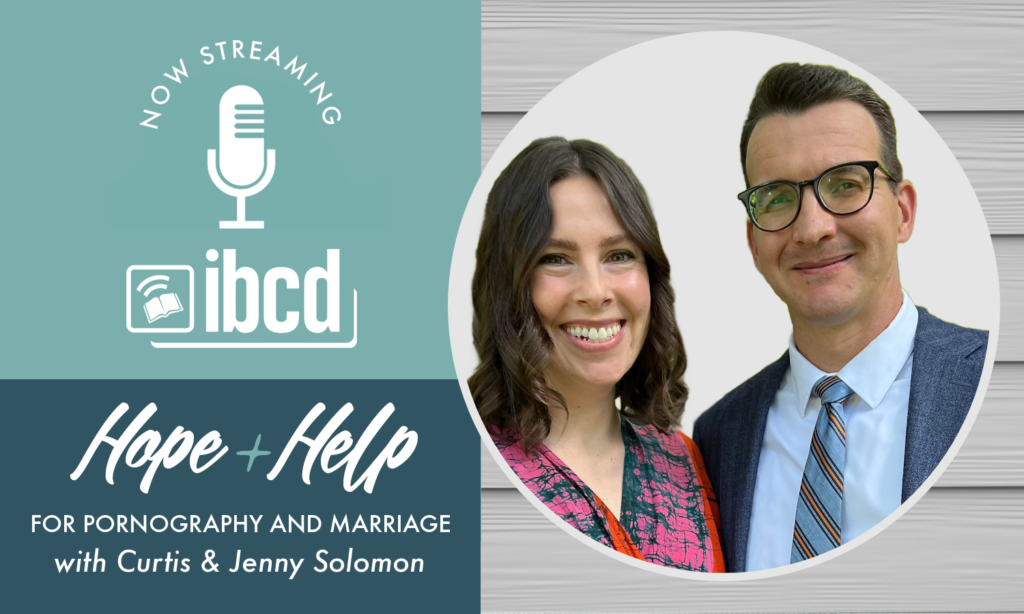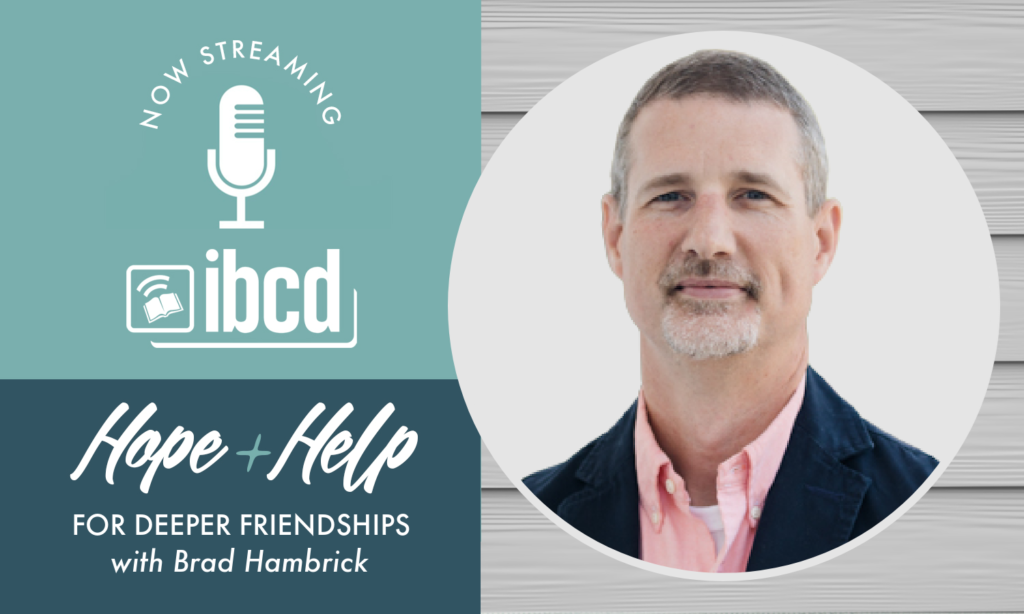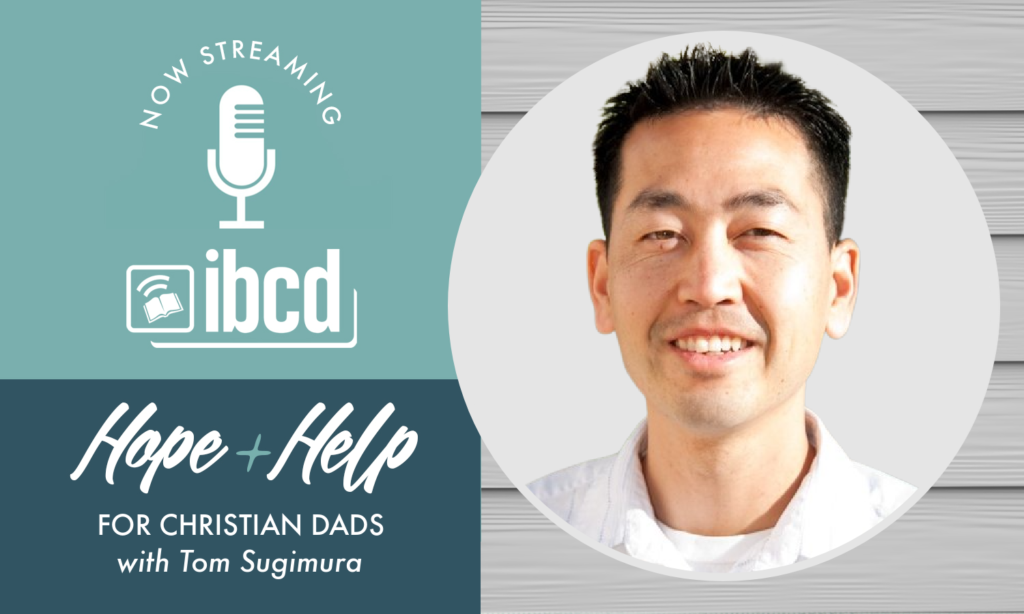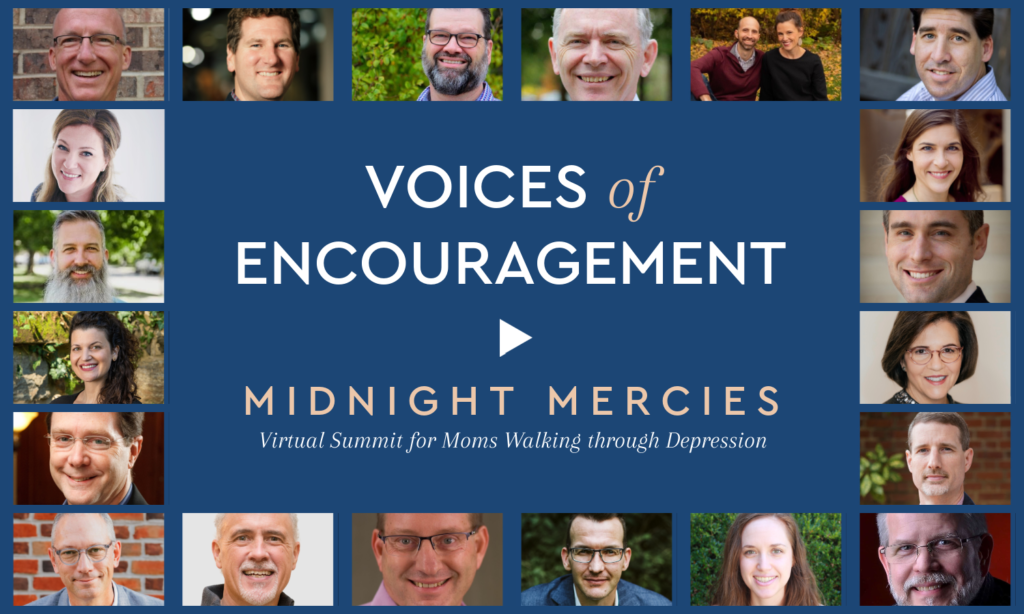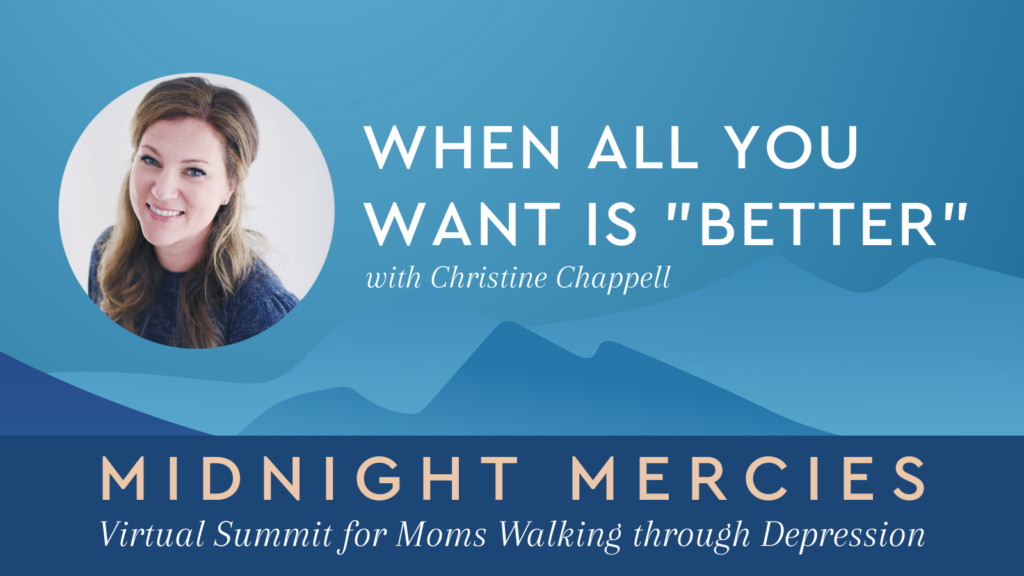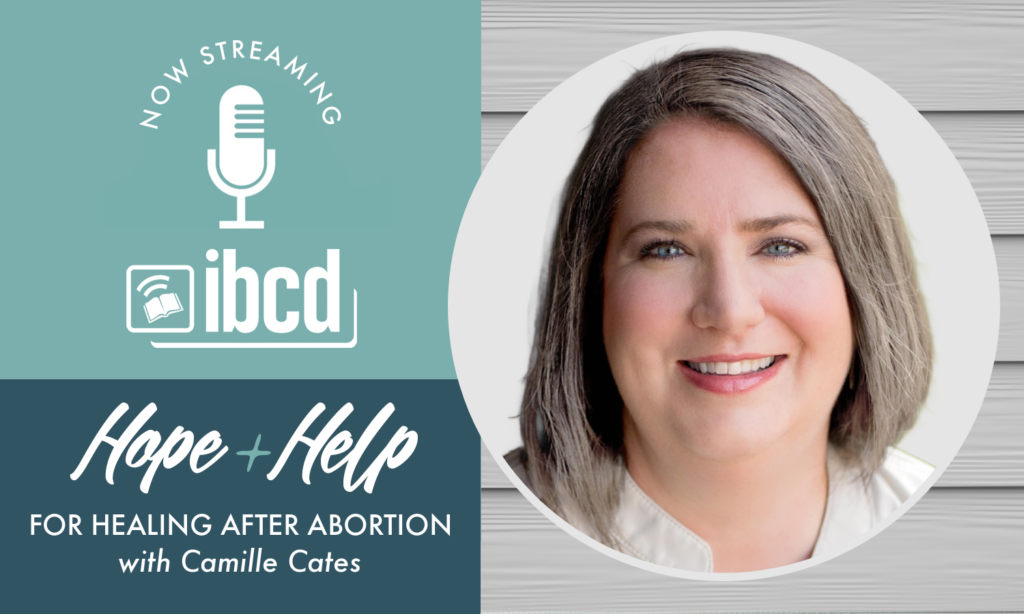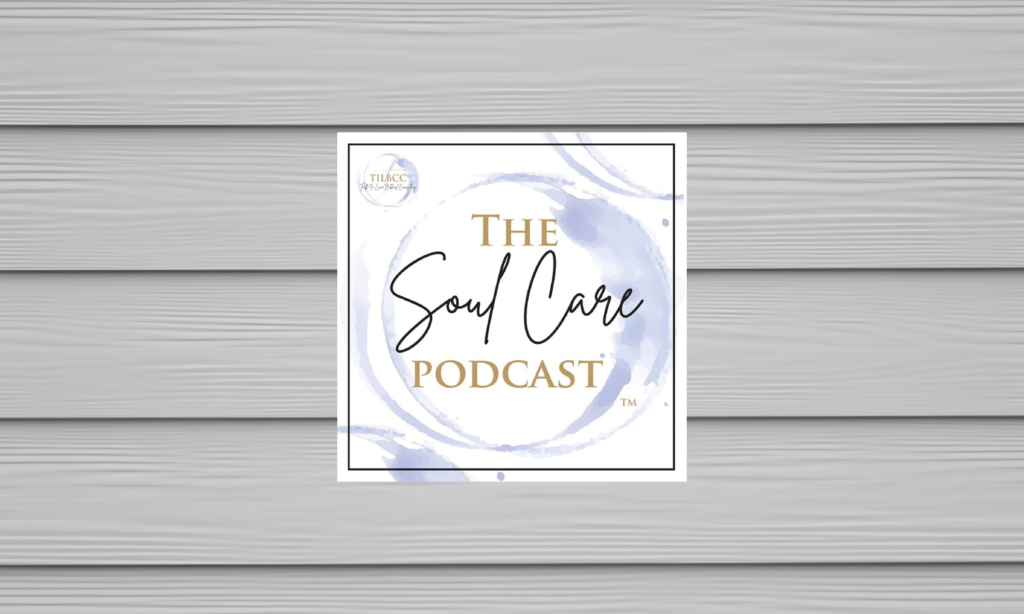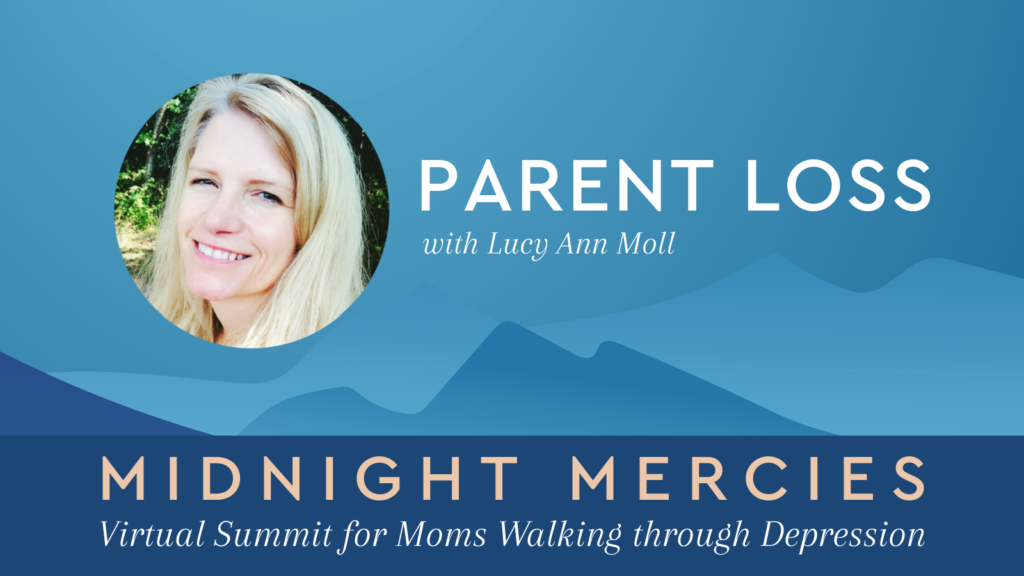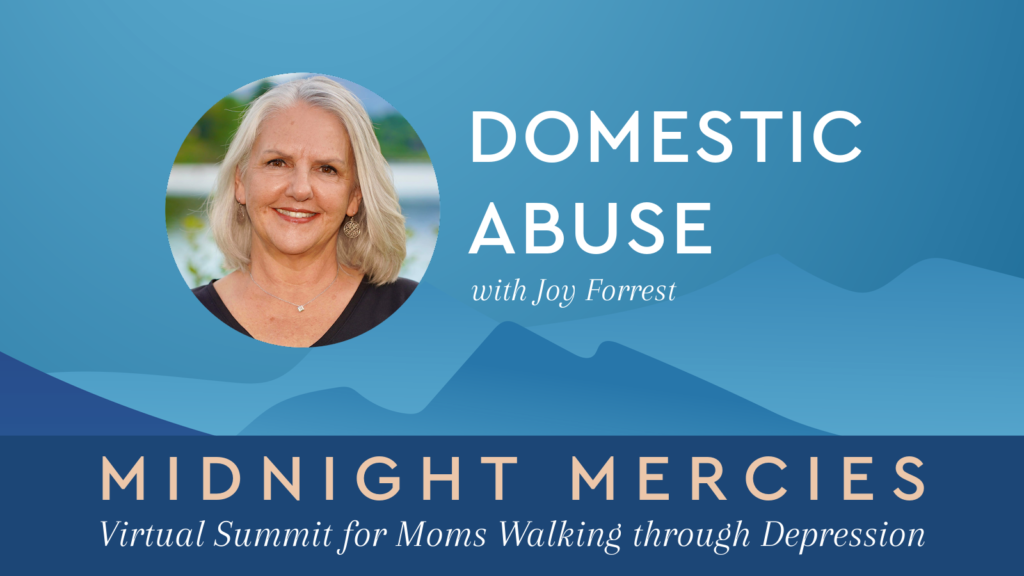It’s understandable to feel confused during this time. Many of the questions you have asked are questions that even mature Christians ask themselves. All of us, in one way or another, are tempted to question how our faith is able to intersect with very real, very difficult life issues. I commend you for bringing this question to light, as I know it is something that many believers find themselves wrestling with. I know because I get asked this question from readers frequently. Even "seasoned" Christians who have been recently diagnosed with a psychiatric disorder often wrestle with the question: what does my faith mean for this problem?
So in that regard, let me encourage you. You are not alone in this kind of battle. You are not the only Christian learning to navigate these murky waters. These are legitimate, logical, and wise questions. You are making the right inquiries. You are looking for resources in the right places. You are demonstrating Christian maturity by being bold enough to seek the Lord’s wisdom for these kinds issues. I praise the Holy Spirit for working in you in this way. I can see God’s care and concern in your situation, because he is helping you to bring these questions to him by faith. And, I believe, you will find the hope and help that you seek. I believe this because I have received hope and help from God regarding this very topic, as have many other brothers and sisters in Christ who live with a psychiatric diagnosis.
Let me also comfort you in another way: I'm a newer Christian. I did not accept Christ as my Lord and Savior until I was 28 years old. I am only eight years into my walk with Christ. I too am learning how to walk with Christ through all kinds of challenges, not just ones related to the current psychiatric label I qualify for. My challenges are things I battled against long before I met Christ. I've had to do what you are doing now: ask questions, seek wise counsel, and rely on God for help in finding the resources necessary to untangle these complicated matters as best as I can.
Furthermore, mature Christians—who've been faithfully walking with Jesus for decades—still struggle, still have questions, still have doubts, and still continue to press on to know God and his gospel in a way that impacts the way they respond to and live with challenging problems. None of us “arrive” in our Christian walk this side of eternity. All of us are always growing and learning. And, as I have found, God is always delighted and gracious to teach us.
Now, although it would be unwise for me to offer specific counsel pertaining to your situation, I do believe there are some fundamental helps you can consider as you navigate the road ahead. Allow me to share some ideas and resources that may be profitable for you to explore as you continue to seek the Lord and his will for your next steps.
So in that regard, let me encourage you. You are not alone in this kind of battle. You are not the only Christian learning to navigate these murky waters. These are legitimate, logical, and wise questions. You are making the right inquiries. You are looking for resources in the right places. You are demonstrating Christian maturity by being bold enough to seek the Lord’s wisdom for these kinds issues. I praise the Holy Spirit for working in you in this way. I can see God’s care and concern in your situation, because he is helping you to bring these questions to him by faith. And, I believe, you will find the hope and help that you seek. I believe this because I have received hope and help from God regarding this very topic, as have many other brothers and sisters in Christ who live with a psychiatric diagnosis.
Let me also comfort you in another way: I'm a newer Christian. I did not accept Christ as my Lord and Savior until I was 28 years old. I am only eight years into my walk with Christ. I too am learning how to walk with Christ through all kinds of challenges, not just ones related to the current psychiatric label I qualify for. My challenges are things I battled against long before I met Christ. I've had to do what you are doing now: ask questions, seek wise counsel, and rely on God for help in finding the resources necessary to untangle these complicated matters as best as I can.
Furthermore, mature Christians—who've been faithfully walking with Jesus for decades—still struggle, still have questions, still have doubts, and still continue to press on to know God and his gospel in a way that impacts the way they respond to and live with challenging problems. None of us “arrive” in our Christian walk this side of eternity. All of us are always growing and learning. And, as I have found, God is always delighted and gracious to teach us.
Now, although it would be unwise for me to offer specific counsel pertaining to your situation, I do believe there are some fundamental helps you can consider as you navigate the road ahead. Allow me to share some ideas and resources that may be profitable for you to explore as you continue to seek the Lord and his will for your next steps.




